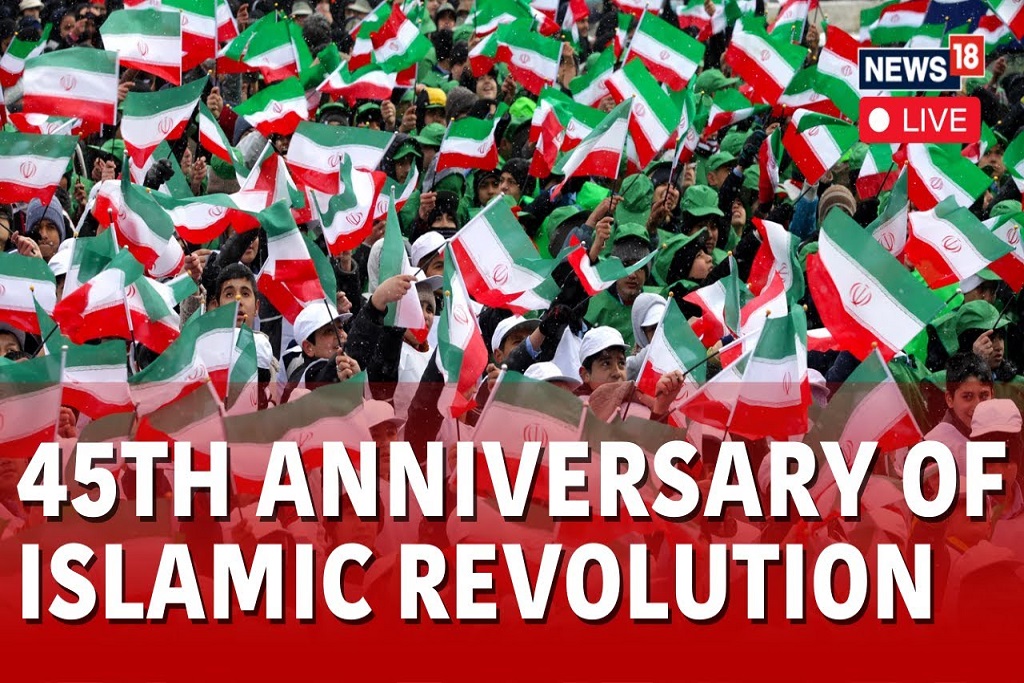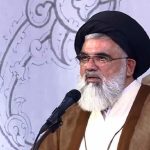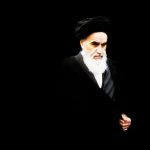FARAAN: This past Sunday was the 45th anniversary of the victory of the revolution, from which the Islamic Republic system emerged. The West claimed that “it is impossible to create a political system that can mix the established rules of religion with the variables of society and life.” And they considered the choice of the people to be limited to the two options of “democracy” or “theocracy”, but the initiator of this revolution and the architect of the Islamic Republic, Imam Khomeini (RA) presented the third option of “religious democracy” to the people of Iran and the world in general.
It seems that the effectiveness of Iranians’ experience in combining “democracy” and “religion” between “republic” and “Islamism” and between “theocracy” and “populist” has not been adapted to the taste of the Westerners. This is because the West wants to establish its model of liberal government, and thus accuses the Islamic Republic of Iran in order to reduce its success and thus prevent the transfer of its experiences to other countries. At the top of these accusations is that the balance between “republic” and “Islamism” has not been established and “republic” is only a garment on the “theocracy”.
There is no doubt that the Islamic Republic of Iran is a different system from other systems, both religious and democratic. “Religious democracy” is derived from Imam Khomeini’s (R.A.) theory of “Legislative State”, an artificial contrast between “theocracy” and “democracy” based on a fixed basis in Islam or the basis of “rationality”. Obedience to God can only be achieved by free will and choice, so there is no Islamic society and system that is ruled by a tyrant. A society in which people are not allowed to think and act is an un-Islamic society, and “religious democracy” means taking care of people, which is a result of Islam’s interest in human dignity, and any action that harms human dignity is forbidden. And therefore, taking away human will is considered a clear sign of violating human dignity, and this is the basis on which “religious democracy” is based.
According to these concepts, the “governance” is acceptable when the guardian is just and pious and tries to preserve human dignity, and any violation of human dignity is a violation of divine limits. On the other hand, Islam prevents man from committing acts that are against human nature. This is because by doing so, he reduces his dignity and prestige which is protected by “religious democracy” and with these acts, he distances himself from reason and acts ignorantly, but Islam does not allow such a thing. Moreover, this disallowance does not mean limiting a wise person, but it means limiting his ignorance, and the example of this freedom of ignorance is the legalization of homosexuality, marriage with incest, the destruction of the family and the destruction of all moral and human values under the pretext of freedom.
The West has not even adhered to its claimed principles such as democracy, justice, and human rights, and has repeatedly sided with dictatorial, tyrannical, and racist regimes in the world. All the principles that separate democratic regimes from dictatorial regimes have been approved in the “religious democracy” system of the Islamic Republic of Iran and are openly implemented in the constitution, elections, rotation of powers, separation of powers, freedom of action of power and so on. Freedom of speech, human rights, and minority rights are among the principles that the people of Iran have experienced for 45 years and participated in more than 40 elections, almost every year one election has been held, including the Assembly of Leadership Experts, which elects the jurist, the elections of the Islamic Council, the elections of the local councils, the vote for the Islamic Republic system and the constitution and so on. In this way, all the institutions of the Islamic Republic, without exception, get their legitimacy from the people.










